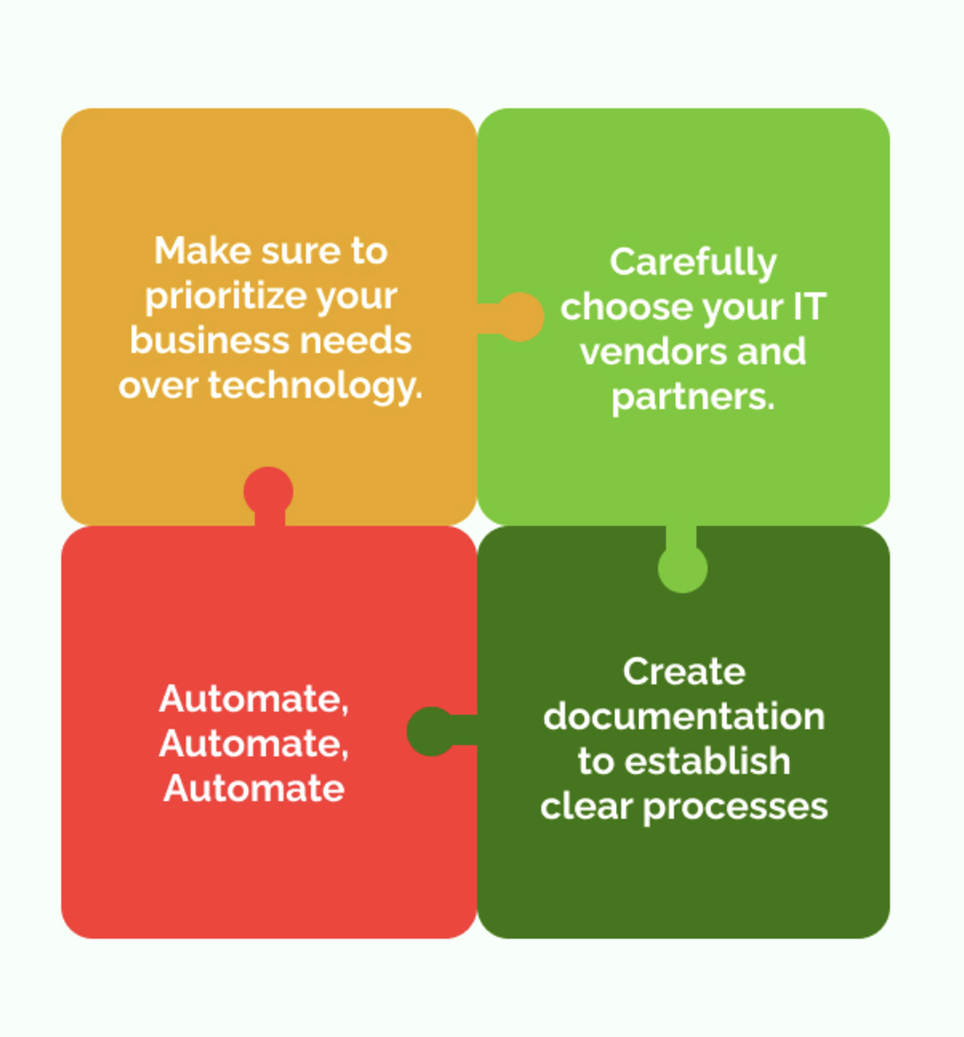Setting Clear Goals
Start by defining the project’s specific requirements and scope to ensure clarity and focus.
Collaborative Input
Involve key stakeholders in the requirements gathering process to gather diverse perspectives and needs.
Methodology Selection
Choose between agile or waterfall development methodologies based on the project’s nature and goals.

